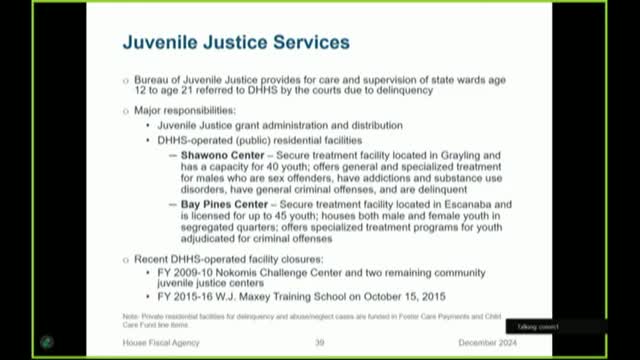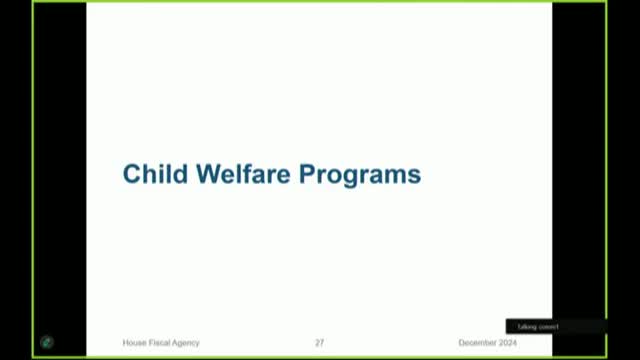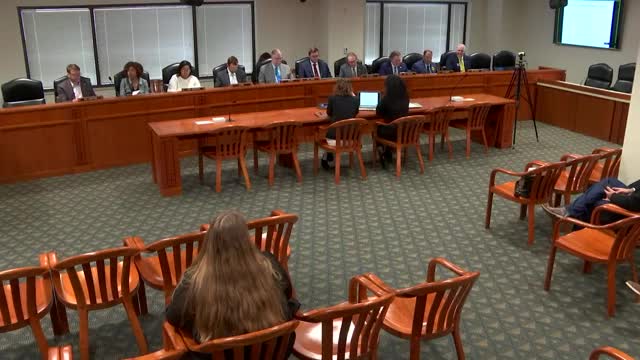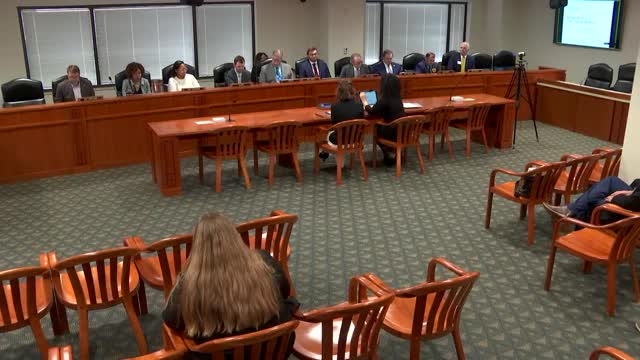Article not found
This article is no longer available. But don't worry—we've gathered other articles that discuss the same topic.

Analysts say youth from closed Shawano center will move to Macomb; funding details pending

Subcommittee reviews foster care, childcare fund, adoption subsidies and family preservation spending

Subcommittee hears TANF, FIP, SNAP and emergency assistance details and caseload trends

